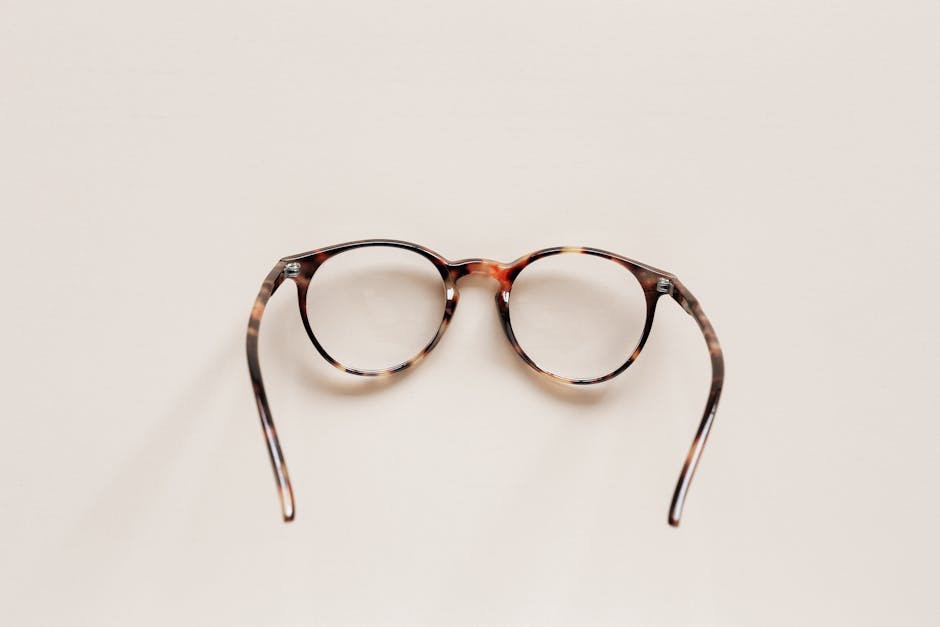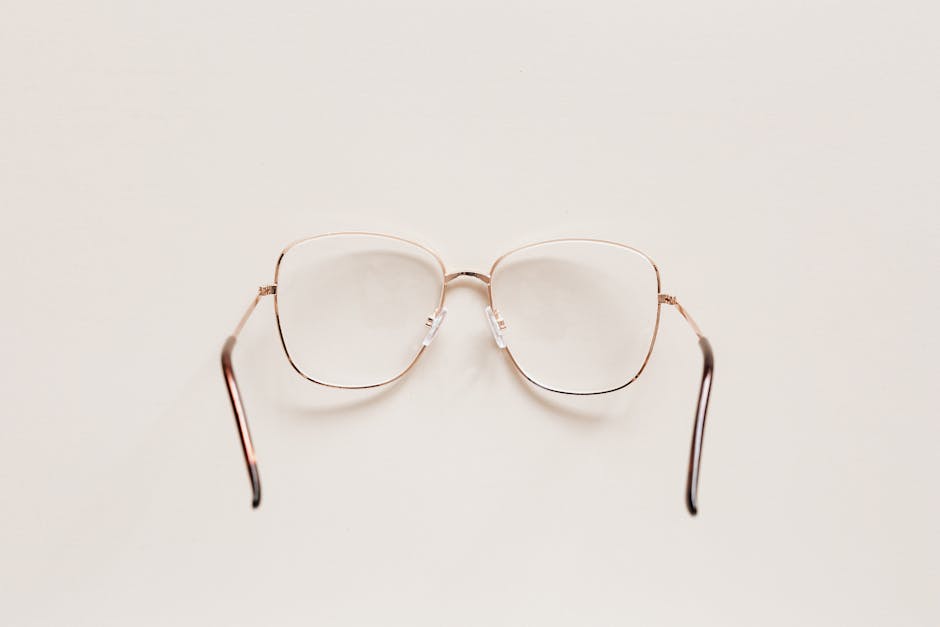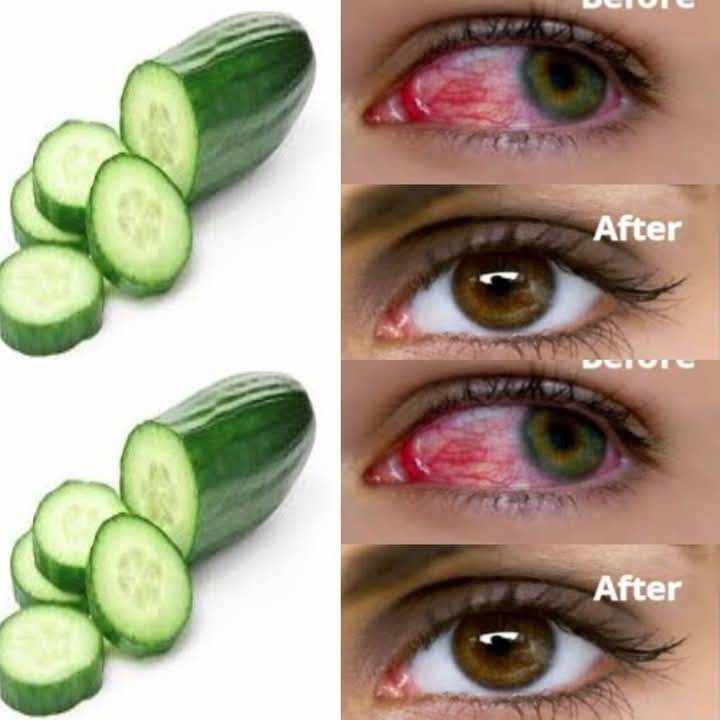Ever wondered if there’s a simple way to support your vision, possibly even helping you see distant objects more clearly? While a single “magic” spoon won’t drastically change your eyesight overnight, incorporating certain nutrients into your diet, just a spoonful a day, can contribute significantly to long-term eye health. Let’s explore how!
The Spoonful That Could Help Your Vision: A Deep Dive

We’re not talking about a miracle cure, but rather focusing on nutrients that are vital for optimal eye function. Think of it as investing in your future vision, one spoonful at a time. Consistently including these nutrients can help protect against age-related macular degeneration (AMD), cataracts, and other eye conditions.
Vitamin A: The Visionary Vitamin

Vitamin A is crucial for maintaining healthy vision, particularly in low light. It helps to protect the surface of the eye (cornea) and is essential for the proper functioning of the retina. Here’s how to incorporate it into your daily routine:
- Sources: Sweet potatoes, carrots, spinach, kale, and liver are excellent sources of Vitamin A. A small serving of any of these can easily be a “spoonful.”
- Benefits: May help prevent night blindness and dry eyes.
- Note: Vitamin A is fat-soluble, so consuming it with a small amount of healthy fat will enhance absorption.
Lutein and Zeaxanthin: The Dynamic Duo

Lutein and zeaxanthin are powerful antioxidants that accumulate in the retina, particularly in the macula, which is responsible for sharp, central vision. They act as a natural sunscreen, protecting your eyes from harmful blue light and oxidative damage.
- Sources: Kale, spinach, collard greens, and corn are rich in lutein and zeaxanthin. Consider adding a spoonful of cooked spinach to your daily meals.
- Benefits: May reduce the risk of age-related macular degeneration (AMD) and cataracts.
- Tip: Lightly cooking these vegetables helps make the lutein and zeaxanthin more bioavailable.
Omega-3 Fatty Acids: The Vision Lubricants

Omega-3 fatty acids, particularly DHA, are essential structural components of the retina. They also have anti-inflammatory properties that can help keep your eyes healthy and comfortable.
- Sources: Fatty fish (salmon, tuna, mackerel), flaxseeds, chia seeds, and walnuts are good sources of omega-3s. A spoonful of ground flaxseeds sprinkled on your breakfast or a fish oil supplement can do the trick.
- Benefits: May help prevent dry eye syndrome and support overall retinal health.
- Consider: If you don’t eat fish, consider algae-based omega-3 supplements, which are a vegetarian-friendly option. Learn more about Omega-3s from the NIH.
Vitamin C: The Antioxidant Champion

Vitamin C is a potent antioxidant that helps protect against free radical damage in the eyes. It’s also involved in collagen production, which is important for maintaining the structure of the eye.
- Sources: Citrus fruits (oranges, lemons, grapefruit), berries (strawberries, blueberries), and bell peppers are excellent sources of Vitamin C. A spoonful of mixed berries in your yogurt or cereal is a great way to start your day.
- Benefits: May reduce the risk of cataracts and AMD.
- Remember: Vitamin C is water-soluble, so your body doesn’t store it well. It’s important to consume it regularly.
Beyond the Spoon: Other Ways to Support Vision

While incorporating a “vision-boosting” spoonful into your diet is a great start, it’s important to remember that a holistic approach to eye health includes other factors.
- Regular Eye Exams: Schedule regular check-ups with your eye doctor to monitor your vision and detect any potential problems early.
- Wear Sunglasses: Protect your eyes from harmful UV rays by wearing sunglasses with UV protection when outdoors.
- Quit Smoking: Smoking significantly increases the risk of eye diseases like AMD and cataracts.
- Manage Underlying Health Conditions: Conditions like diabetes and high blood pressure can affect your vision, so managing these conditions is essential.
- Reduce Screen Time: Excessive screen time can lead to eye strain and dry eyes. Take frequent breaks and practice the 20-20-20 rule (every 20 minutes, look at something 20 feet away for 20 seconds).
Conclusion: A Small Change, A Brighter Future

While the concept of “one spoon a day for stronger vision” might sound like a simple fix, it highlights the importance of incorporating essential nutrients into your diet for long-term eye health. Focusing on Vitamin A, lutein and zeaxanthin, omega-3 fatty acids, and Vitamin C can contribute to protecting your vision as you age. Combine these dietary changes with regular eye exams and healthy lifestyle habits, and you’ll be well on your way to maintaining clear, sharp vision for years to come. Start small, be consistent, and watch your vision thank you for it!
